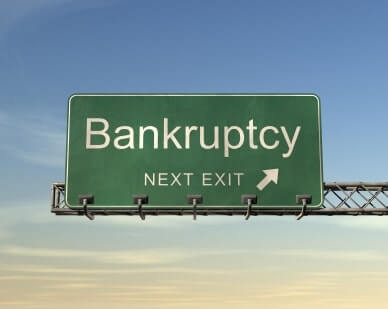
On December 2, Michael Kozlowski wrote a feature about Why e-Reader and Tablet Companies Fail. To make a long article short, Michael posited that companies fail because of lower-quality devices, sub-par hardware, the lack of savvy marketing and press relations and cutthroat competition, among other factors. While I completely agree with Michael in everything he says, I think that he has missed the most important factor in these companies’ failure – the lack of an ecosystem.
Michael looks at products from Pandigital, Cool-ER, and Entourage, to name a few, as stand-alone gadgets that the consumer wants to buy. In fact, they are not stand-alone products, but are part of an e-reading ecosystem. The average consumers may not be interested in the tech specs of a product (or may not even understand the specs if they read them), but always want to know what the product can do for them. As @bookofjoe said in a recent tweet, “All tablet companies but Apple spend big ad $ telling us how great machines are instead of great things we can do with them. Fatal error.”
The average consumer wants to read books and read them in the simplest, easiest manner available. None of the failed companies have accomplished this for the consumer. (Note that I said the “average consumer”. Until it moved into the mainstream, e-reading was dominated by techies who knew how to download surf, connect their machines to computers, use SD cards, etc. This is no longer the case. The consumer, now, is a group may have a very little knowledge of, and absolutely no interest in, the techie components of e-reading.) Every single one of the companies that have failed have failed to make the distinction between a techie and a reader. Early readers were techies, readers today are not.
Look at the success of Apple, Amazon, Kobo, and B&N. What do they have in common? Good products, of course, but also a developed an ecosystem that makes it simple and painless for a non-techie reader to get books. The reader doesn’t even need a computer to buy books. Just a few taps on the e-reader and the book is there. A typical example would be a friend of mine who is a retired chemical engineer. He has never connected his Kindle to his computer, and doesn’t know how to. He uses his iPhone to take pictures but doesn’t know that he can download them to iTunes. He has never even updated his iPhone. This lack of tech-savvy knowledge is typical of most of my friends, but they all own e-readers from the major companies and are voracious purchasers of books. All on their do-it-all e-readers.
This is a major market for e-readers; people with little or no technical knowledge who just want an ecosystem that works and makes things easy. Why do you think that the iPad is so popular and other tablets are struggling? Ease of use and a rich ecosystem. Of course, all the things that Michael says in his article are true, but since he is a techie himself, he misses, as do most techies, the fact that many people have no interest in, and perhaps an aversion to, all aspects of “techie.”
It’s the ecosystem, baby!